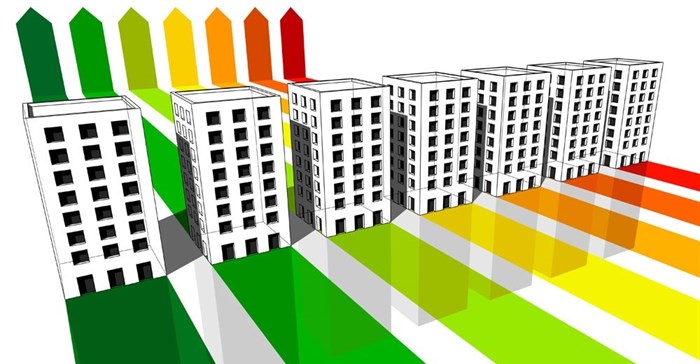A mind-shift towards sustainable energy solutions may have played a significant role in Eskom managing to provide an uninterrupted power supply for 18 consecutive days.
This is according to Cala van der Westhuizen, spokesperson for Energy Partners - a leading energy solutions provider in South Africa. He says that with energy technologies becoming more affordable and accessible, and taking into account that 1.3 billion people globally still do not have access to electricity, there is great potential for growth in the sustainable energy sphere. Between 2013 and 2014 the use of sustainable energy in developing countries increased by over 35%.
Van der Westhuizen says that South Africa has ideal weather conditions for the implementation of 'green' energy and adds that while wind power is most cost effective on a large scale, solar is the preferred form of energy generation for commercial and residential property owners.
Most efficient option
"Taking factors such as cost, availability and reliability into account, photovoltaic solar energy generation is currently by far the most efficient option for businesses and households that want to gain some form of energy independence. In fact, the only regions better suited than Southern Africa for solar energy generation globally are Australia and South America."
He points to the International Energy Agency, which indicates that sustainable energy formed 18% of the generation capacity mix globally in 2007, 21% in 2012 and 22% in 2013. The report also indicated that an estimated 25% of the world's energy requirements will be fulfilled through sustainable sources by 2018. "There are some experts who believe that this rapid growth pattern in renewable technologies in SA, will result in 100% sustainable energy generation by 2025, though a more realistic expectation is approximately 30%."
Cheaper energy
Van der Westhuizen says that besides the most obvious environmental benefits like the significant decrease in pollution, the implementation and privatisation of sustainable energy will also decrease the monetary cost of energy for the end-consumer.
The increased accessibility to this basic resource in the developing world will lessen the strain on the parastatal electricity provider, decrease the cost for the end-consumer and stimulate the economy through job creation. Greater investment in the development of sustainable energy solutions is therefore the ideal solution for the national energy crises," concludes Van der Westhuizen.









































